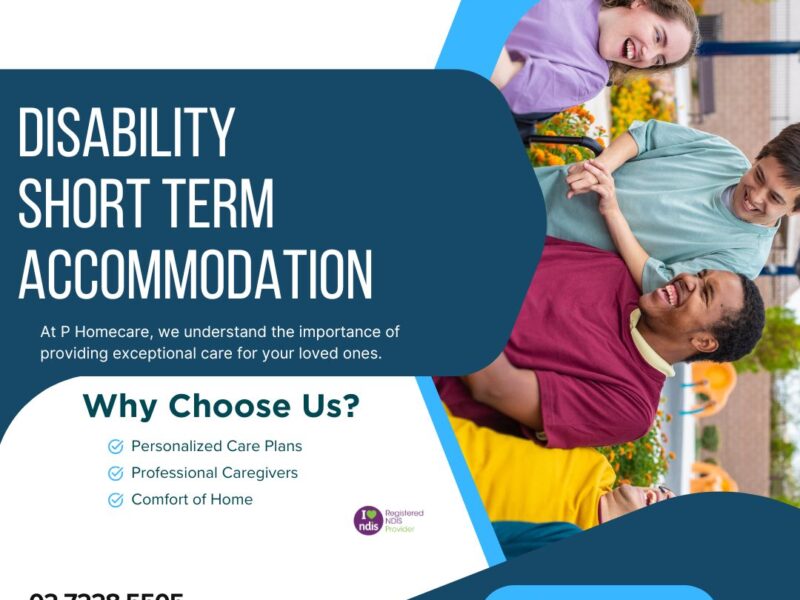The Mental Health Benefits of Short Term Accommodation

Disability Short Term Accommodation (STA) provides a vital support system for individuals with disabilities, offering not just physical respite but also significant mental health benefits. This type of accommodation is designed to cater to short-term stays, offering an essential break for both individuals and their primary caregivers. The impact of Disability Short Term Accommodation (STA) on mental health is often overlooked, yet it plays a critical role in enhancing well-being, promoting independence, and reducing stress for both participants and their families.
One of the most notable mental health benefits of Disability Short Term Accommodation (STA) is the opportunity for individuals to experience a change of environment. For many, the routine of daily life can become monotonous, and long-term caregiving responsibilities can lead to burnout. By spending time in a different setting, individuals can gain a fresh perspective, which can help reduce feelings of isolation and anxiety. This break allows for relaxation, renewal, and the chance to enjoy activities outside the home that may not be possible in a regular routine.
Additionally, Disability Short Term Accommodation (STA) offers individuals the chance to develop greater independence. In familiar surroundings, individuals may rely heavily on family members or carers. However, in a temporary accommodation setting, they may have the opportunity to make their own decisions, manage personal tasks, and engage with a new support network. This sense of autonomy can significantly boost self-esteem and confidence, which are crucial aspects of mental health.
For caregivers, Disability Short Term Accommodation (STA) provides essential respite. The constant care required by individuals with disabilities can be mentally and physically exhausting. Short-term accommodation offers caregivers a well-deserved break, allowing them to recharge and return to their responsibilities with renewed energy. This reduces the stress and emotional strain that caregivers often face, preventing caregiver burnout and ensuring they can continue providing high-quality support.
Finally, the social interactions encouraged by Disability Short Term Accommodation (STA) contribute to mental well-being. Many accommodations offer the opportunity to meet and engage with peers, reducing feelings of loneliness and fostering a sense of community. Socializing in these settings can enhance a person’s emotional resilience and provide a supportive environment where they feel understood and valued.
In conclusion, Disability Short Term Accommodation (STA) offers a variety of mental health benefits, from enhancing independence and self-esteem to providing relief for caregivers. It plays a crucial role in improving the overall well-being of individuals with disabilities, ensuring they have the mental and emotional resources to thrive.
Learn More: https://www.phomecare.com.au/short-term-accommodation-sil-western-sydney/
